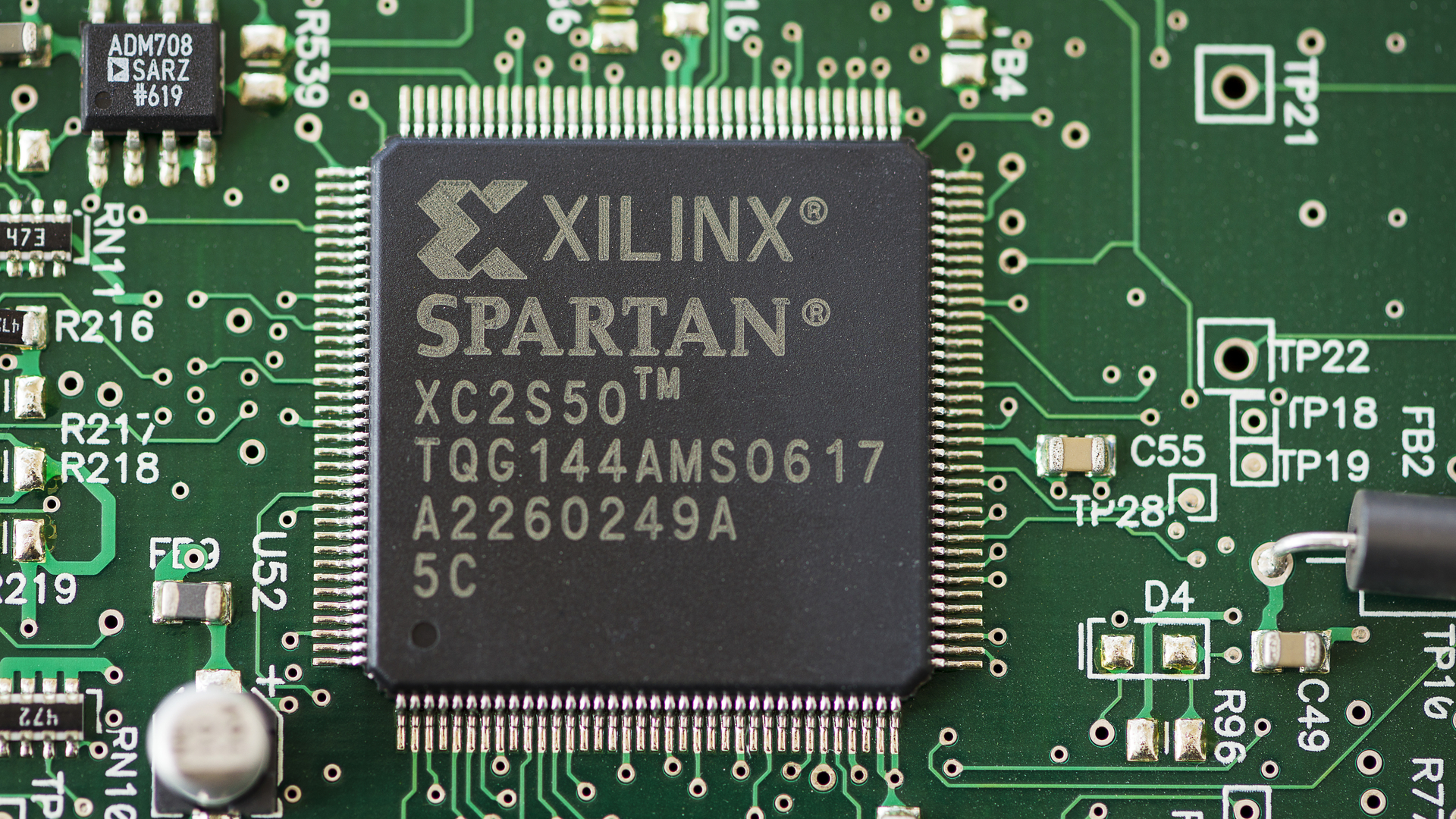Biden pledges to address the growing chip shortage crisis
The administration is working with businesses to identify and mitigate bottlenecks in semiconductor supply


The Biden administration has said it’s exploring options to address the global semiconductor shortage, which is affecting automotive production.
Talking to reporters, White House press secretary Jen Psaki said the administration is working with businesses to identify and mitigate bottlenecks in semiconductor supply. President Biden will also sign an executive order to begin a 100-day review by the National Economic Council and National Security Council, she said.
The news comes as semiconductor industry leaders in the US wrote to the president, asking him to fund semiconductor manufacturing and research in the administration's economic recovery and infrastructure plan.
The Semiconductor Industry Association (SIA) warned that the US share of global semiconductor manufacturing capacity has decreased from 37% to 12% since 1990. This is primarily due to government subsidies in other regions and stagnation in federal investment. Last year, Congress proposed legislation to increase domestic investments in the semiconductor industry.
A computer chip shortage has escalated recently, leaving automotive manufacturers scrambling for supplies. Ford shuttered its Louisville, Kentucky plant this week, citing a component shortage. Earlier this month, General Motors announced it had ordered a shutdown at three plants in the US, Mexico, and Canada while slowing production at a South Korean facility, all because of the chip shortage.
Recently, the shortage has spread to tech manufacturers, including Sony, which reportedly said supplies of its new consoles might be affected. This week, Nvidia also said it would have to use older graphics cards to cope with the shortage, while Lenovo said it would manage the supply crunch with its size and buying power.
The pandemic contributed to the chip shortage, which the SIA said emerged in Q2 2020 and affected the semiconductor sector’s revenues that year. Automakers scaled back on chip procurement as they temporarily closed plants in response to COVID-19, they said. However, electronic goods manufacturers began stockpiling chip inventories as demand for their products increased due to more remote working and education, putting a strain on the supply chain.
Get the ITPro daily newsletter
Sign up today and you will receive a free copy of our Future Focus 2025 report - the leading guidance on AI, cybersecurity and other IT challenges as per 700+ senior executives
Industry officials have also blamed the Trump-era sanctions against China, a leading producer of semiconductors, for the shortage. The US also banned Chinese chip maker Semiconductor Manufacturing International (SMIC) from using some US tools to make chips.
Ramping up production won’t be easy, and manufacturing lead times average 26 weeks, said SIA experts. They expect the shortage to alleviate as manufacturers adapt their output, but that will take time.
Danny Bradbury has been a print journalist specialising in technology since 1989 and a freelance writer since 1994. He has written for national publications on both sides of the Atlantic and has won awards for his investigative cybersecurity journalism work and his arts and culture writing.
Danny writes about many different technology issues for audiences ranging from consumers through to software developers and CIOs. He also ghostwrites articles for many C-suite business executives in the technology sector and has worked as a presenter for multiple webinars and podcasts.
-
 AI is helping bad bots take over the internet
AI is helping bad bots take over the internetNews Automated bot traffic has surpassed human activity for the first time in a decade, according to Imperva
By Bobby Hellard
-
 Two years on from its Series B round, Hack the Box is targeting further growth
Two years on from its Series B round, Hack the Box is targeting further growthNews Hack the Box has grown significantly in the last two years, and it shows no signs of slowing down
By Ross Kelly
-
 US lawmakers call for restrictions on software exports to Chinese chip companies
US lawmakers call for restrictions on software exports to Chinese chip companiesNews US government needs broader, systemic restrictions to avoid Chinese military innovation, says letter
By Danny Bradbury
-
 Pentagon updates wired and wireless connectivity with Aruba
Pentagon updates wired and wireless connectivity with ArubaNews Upgraded networks will support the US Department of Defense’s headquarters and tens of thousands of devices
By David Gargaro
-
 BlackBerry 10 cleared for use by US government agencies
BlackBerry 10 cleared for use by US government agenciesNews BlackBerry maker's forthcoming device gets security thumbs up from US government.
By ITPro
-
 BlackBerry ditched by US federal agency for iPhones
BlackBerry ditched by US federal agency for iPhonesNews US customs agency sets out plan to acquire iPhones for 17,600 staff.
By ITPro